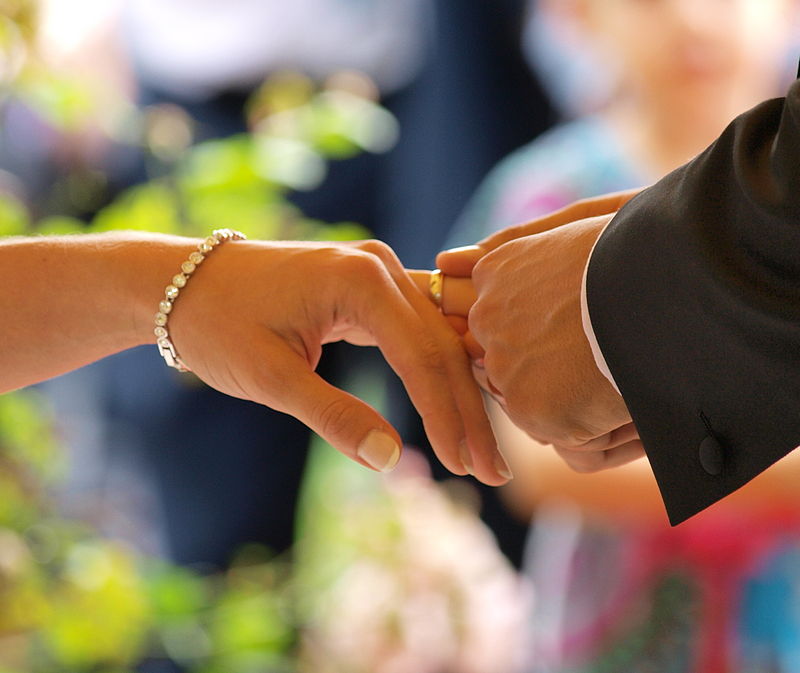Public Display of Affection in the Arab World
By: Alana Rehman / Arab America Contributing Writer
What is affection?
Affection is a feeling of liking and caring for someone or something, usually associated with a type of love. The most typical definition of affection is showing concern for another person through physical gestures. Hugs, kisses, and even hand-holding are frequent physical gestures.
“Any contact designed to generate feelings of love in the giver and/or the recipient” is the definition of physical affection.

What is a Public Display of Affection (PDA)?
Public Displays of Affection (PDA) are acts of physical intimacy done in front of others. Public Displays of Affection, like on the street, are more likely to draw criticism than in private settings when only others from the same cultural background are present.
PDA in Arab World:
Arab Countries such as Saudi Arabia, Jordan, and Egypt host different stances on public displays of affection. It is typically inappropriate in those nations, given the local culture and norms. Men and women are required to avoid profane language and gestures, as well as public displays of affection.
Photo by: UAE News
Dubai prohibits public kissing, and Egypt has detained couples for excessive PDA. You should avoid most public physical contact in the Middle East. A Scottish man once faced three years in prison for touching a man briefly in a bar to avoid hitting him and spilling his drink. It was also reported in Dubai, where a British couple was caught publically kissing in Dubai in 2009 and was expelled after serving a three-month jail sentence.
Keep in mind that there should be appropriate behavior in public transportation, including cabs. A cab rider who hugged and kissed an unmarried Indian couple received a one-year prison term. The pair were taken directly to a police station by the cab driver. Kissing is viewed as “a violation of public decency.”
Having said that, in Arabic cultures, it is common to hold hands with friends of the same gender, particularly with men. Just avoid doing this with people you don’t know well.
It is against the law to hug in public if you are of the opposite sex and unrelated.
How is Affection Displayed within Arab Communities?
Arab world:

Arabs may not be known for romance as much as, say, the French, but it doesn’t mean they are without passion. Arabs are usually very shy about showing their love publicly, or even in front of their kids or family. They grow up following their religion and rules where PDA is unacceptable. You would never see any Arab showing love in front of any other person.
When a man confesses his love to a woman in Arab culture, he is reminded of his mother and sisters’ place in the family, community, and culture. He must love and respect his beloved as much as possible because he has witnessed his father’s love for his mother and wants his sister to have the same love. With this in mind, he must approach his intended and use Arabic words to remind her of her place in his heart and her place in her family and society.
The most common word they use to show their love is, “Habibi or Habibti”, which refers to a boy, and habibti, which refers to a girl, both mean “my love” in Arabic. This is the most common way Arabs show their love.
In the Shariah Law of Arab countries, you have to pay a heavy fine, and you could be sent to jail for displaying your love publicly. This is one of the reasons for Arab people not showing love in front of anyone.
Arab Communities in America:
Almost everywhere in America, it is safe for a quick kiss on the street. PDA is typically even more openly discussed in Mexico and Latin America than it is in the United States. The main exception is the Caribbean, where public displays of affection may be more taboo on some islands.
The first-generation Arab immigrants were not in favor of showing their love, even dating was not normal for them. Arab parents are accountable for establishing boundaries for their children’s love. Numerous young Arabs are forced to conceal their relationships, resulting in dual identities. But in the end, young Arabs who grew up close to their families have a significant fear of disappointing their families even if they refuse to acknowledge it.
The perspective is changing now, and the new generation of Arab Americans adopted the color of American culture. They don’t mind displaying affection publicly. The names they use to call their loved ones are “Babe, Bae,” and many more. They are not shy to hug, hold hands, and steal kisses publicly, unlike their parents.
Check out Arab America’s blog here!








